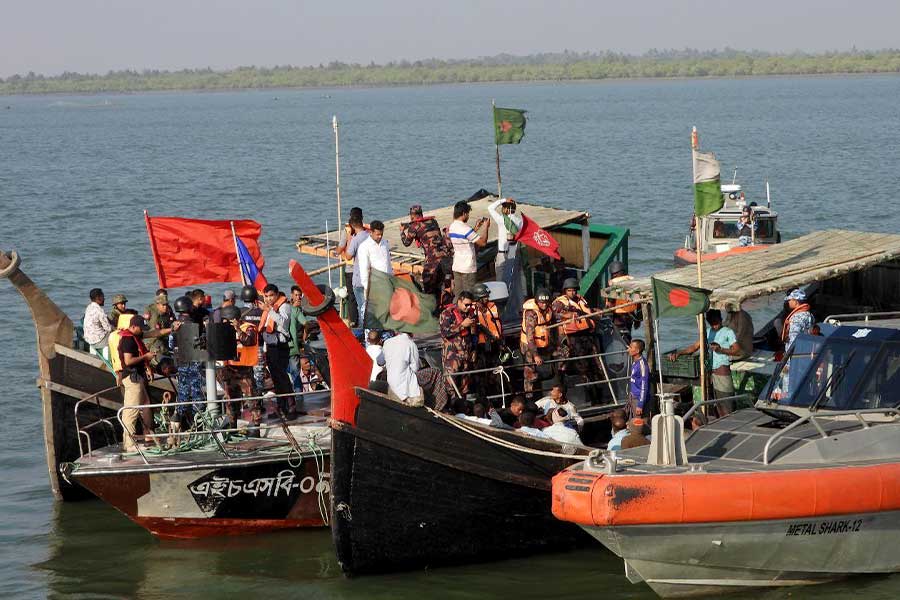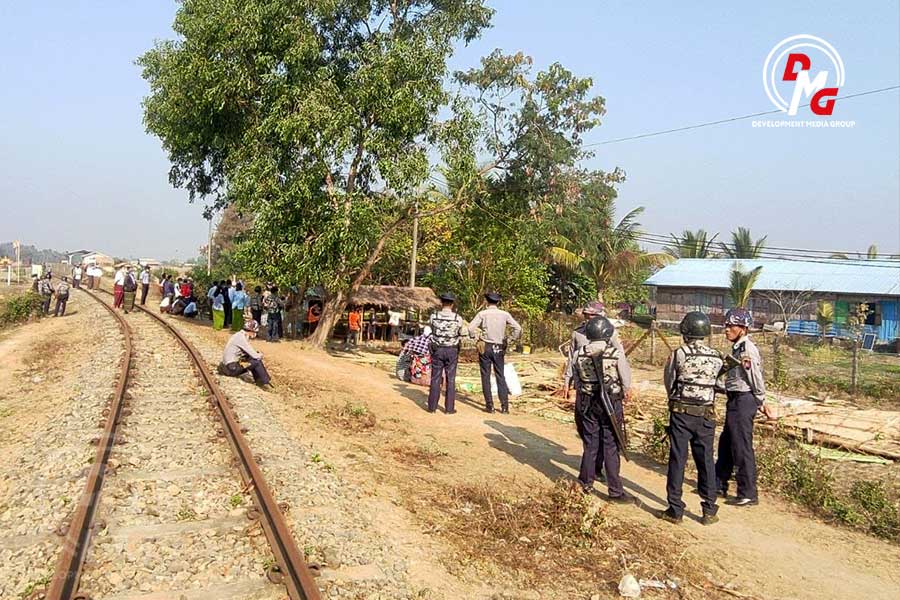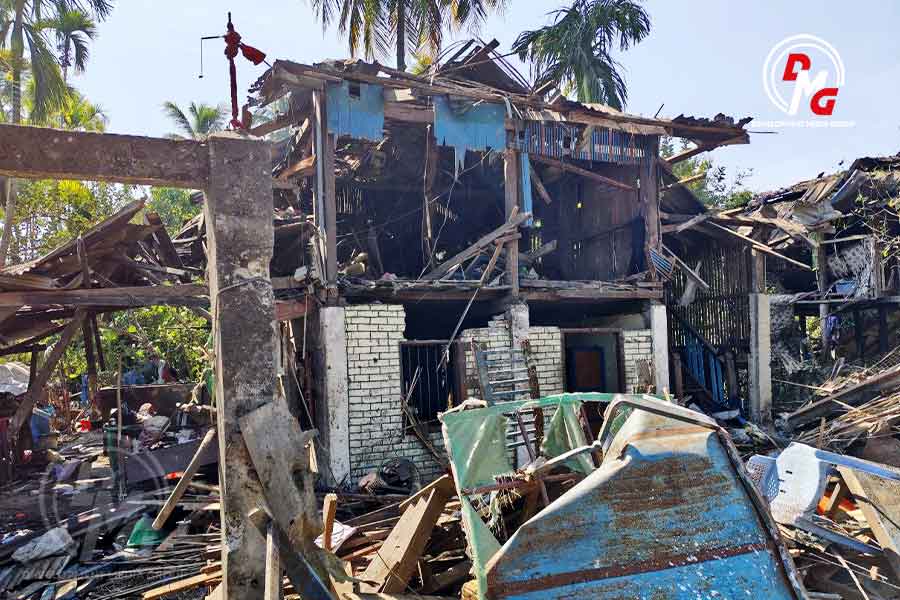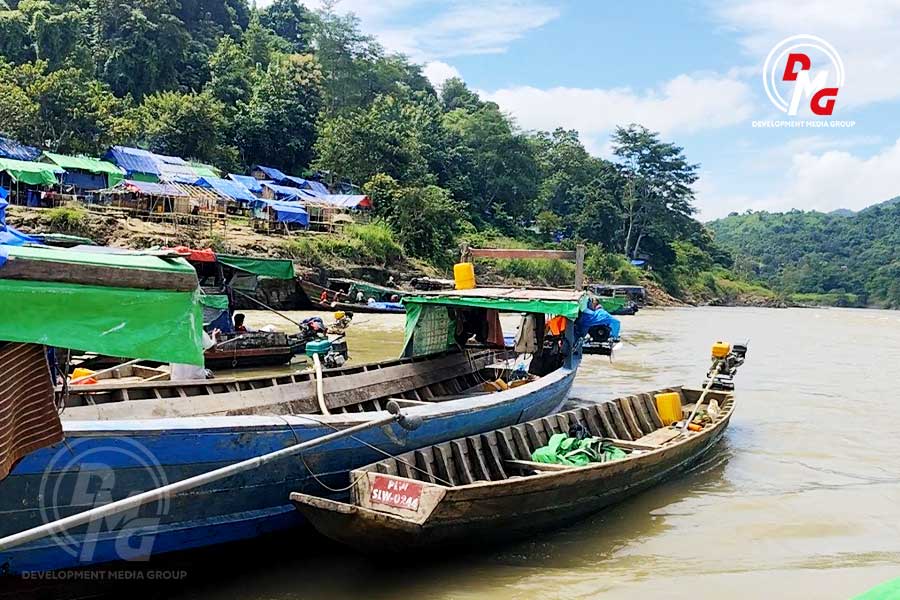- Arakan Army’s handover of 73 Bangladeshi fishermen signals potential boost in border cooperation
- Myanmar military officers accused of profiting from dismantled homes in Sittwe villages
- DMG Editorial: A Parliament Without the People Cannot Govern Arakan
- Displaced Arakanese struggle to rebuild homes leveled by junta airstrikes
- India suspends Arakan trade route for two months after death of truck driver in Paletwa
Junta’s nixing of 2020 election results was setback for democratic transition, PPST says
The Peace Process Steering Committee (PPST) said in a statement on August 5 that the military government’s recent annulment of the 2020 election results was a setback for the country’s democratic transition.
05 Aug 2021

DMG Newsroom
5 August 2021, Sittwe
The Peace Process Steering Committee (PPST) said in a statement on August 5 that the military government’s recent annulment of the 2020 election results was a setback for the country’s democratic transition.
The PPST was formed of nine ethnic armed groups and the All Burma Students’ Democratic Front (ABSDF), which comprise the 10 non-state armies that are signatory to the Nationwide Ceasefire Agreement.
Ye Baw Myo Win, vice chairman of the ABSDF, said the military council’s rejection of last year’s poll outcome was an obstacle to finding a political solution to the political crisis.
“The annulment of the military council’s election results could also erode public confidence,” he explained.
On July 26, the junta-appointed Union Election Commission (UEC) announced the cancellation of the general election results from the vote held on November 8, 2020.
Marking six months since the February 1 military coup, Senior-General Min Aung Hlaing said in a televised address on August 1 that preparations for a new multi-party election would be completed by August 2023. It is virtually assured, however, that the 2020 majority-winning National League for Democracy (NLD) would not be allowed to participate in the future poll under the current military regime.
“How to resolve the current political crisis over the 2020 election is more important than the next election,” Ye Baw Myo Win said. “It is more important to address the current political and social problems of the country rather than [plan elections for] two years from now.”
According to the Assistance Association for Political Prisoners (AAPP), 946 people were killed and 7,051 were arrested by security forces in Myanmar between February 1 and August 4, as the military coup has been followed by a draconian, months-long crackdown on dissent.
Protests against dictatorship continue at locations across Myanmar more than six months after the putsch.
Anti-regime forces have formed People’s Defence Forces in townships across Myanmar, taking up arms against the junta and adding to the already sizable contingent of non-state armed groups in the country.
















.jpg)
